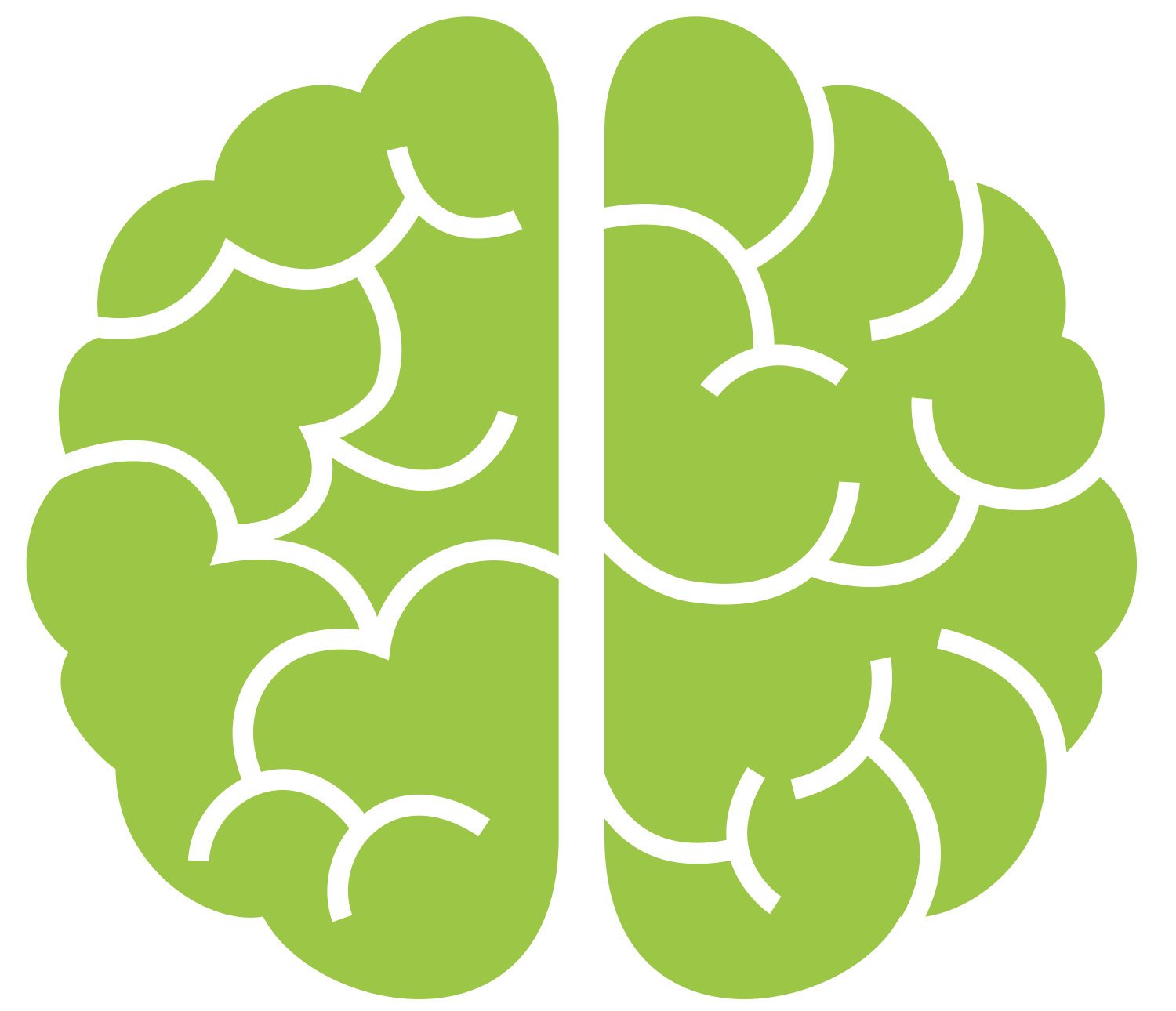
Neurofeedback | EEG Biofeedback
What is Neurofeedback
Neurofeedback uses technology to read brain waves and give the brain direct feedback. This teaches the brain to regulate itself. It is a non-invasive, pain-free, and drug-free treatment for a wide range of mental and emotional problems. It is useful in treating anxiety, depression, sleep problems, compulsive thinking, addictions, ADHD, dementia and other neurological issues.
How Does Neurofeedback Work?
Electrical impulses are produced in the brain as the cells communicate with one another. These brainwaves affect how we feel, think and act. When different areas of the brain are overactive or underactive it creates discomfort and negatively influences our behaviors, mood, and our ability relax, think clearly and respond to life calmly. The first step of neurofeedback training measures the activity in your brain. This is done is a pain-free, non-invasive manner with sensors attached to your scalp. The snapshot of your brain (this is called a QEEG or Quantitative Electroencephalograph – yeah, that’s why we call it a QEEG) and, along with an online questionaire, gives our professionals insight into what your brain is doing and the problems you are experiencing.
Brain Training
Once we understand your symptoms and brain activity, we begin a training program to improve your brainwaves. This means helping some areas of the brain “calm down” and “waking up” other parts of the brain. The neurofeedback training sessions can be quite relaxing and enjoyable (once you get over the funny cap on your head). Seated in front of a computer monitor, you engage in a variety of activities which give your brain feeback on what is happening inside. These activities are most often in the form of a video game. As your brain responds and makes the desired changes, you are rewarded with more “success” in the game and your brain learns to change itself and produce the desired results. In short, neurofeedback is a way to train the brain and find a place of balance, improved attention, clarity and calm. With practice, the brain learns to adjust and you will find the results extend beyond the sessions in the office.
